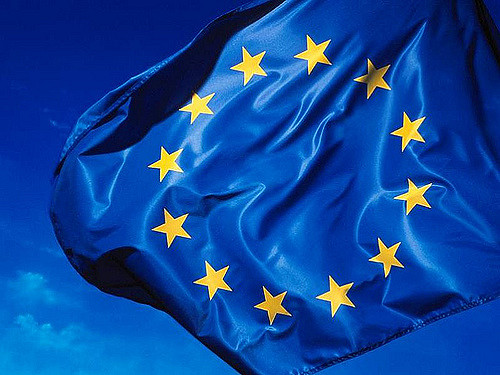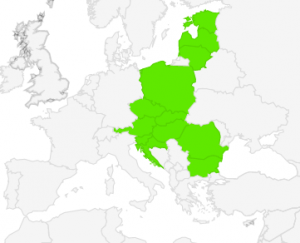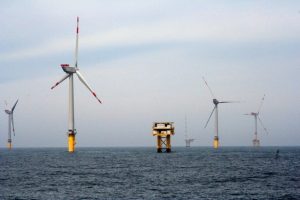
Pulling the Plug on Europe’s Energy Dependence
Given the latest developments regarding Russia’s meddling in the 2016 US election and various elections across the EU it is easy to overlook other problematic areas in Russian relations with the US and EU. Russia’s notorious cyber endeavors are concerning, but it is important not to let other aspects of Russia relations slip through the cracks, such as their preponderance as a supplier of natural gas to some Eastern European countries.
In the weeks leading up to the G20 Summit, President Trump spoke on EU energy security and diversification. For example, during his address in Warsaw, Poland he declared his intentions to put an end to Poland and other Eastern European nations being held “hostage” to one energy supplier. The President did not name names, but as the largest supplier of natural gas to Eastern Europe, Russia was clearly implicated. Russia supplied 34 percent of EU natural gas consumption in 2016. However, in certain member states it was much higher; Hungary imports around 89 percent of its annual natural gas consumption from Russia; the Czech Republic, 99 percent; and Slovakia, 95 percent. This is concerning because in the past Russia has exploited the EU’s dependence on their gas as a political weapon. One example of notoriety was in 2009 when Russia nefariously decreased gas supplies to the EU during a frigid winter.
For decades, the United States has expressed concern about our allies being dependent on one of our greatest rivals. In an effort to ameliorate that dependence, the first shipment of American LNG arrived in Poland earlier this summer, the country that also hosted the Three Seas Initiative Summit, where President Trump reiterated his intentions to develop transatlantic energy trade and strengthen EU energy security.
Three Seas Initiative

The 12 countries participating in the Three Seas Initiative
Developing energy security in the EU is particularly important for the former Soviet satellites in Eastern Europe that are still developing their energy infrastructure and remain largely dependent on Russia for energy. The Three Seas Initiative is a new effort to develop Eastern Europe’s energy infrastructure. This initiative is made up of 12 Eastern European countries located around the Baltic, Adriatic, and Black Seas, and it aims to strengthen trade, infrastructure, energy and political co-operation. Poland has recently opened an LNG terminal along its Baltic coast to receive and redistribute LNG to neighboring EU countries. However, this ambition is dependent on first developing better north-south transportation infrastructure, as the current routes are outdated and inadequate. The Three Seas initiative is geared toward developing and modernizing these such routes.
Poland’s efforts to become a hub for re-exporting surplus LNG could prove to be a wise move; one that Croatia is working towards as well, expecting to complete their own LNG terminal by 2019. American LNG will be exported to Europe when the price is competitive. In the meantime, the very existence of this infrastructure gives European countries a “hedge” against Russian influence. In this way, the prospect of exporting American LNG to Europe could provide European countries with alternative energy options. However, this is not the only means of achieving robust European energy security.
Potential for renewable energy

German offshore wind turbine farm (USDOE)
The European Union is a world leader in mitigating climate change. This is shown by the bloc’s commitment to produce 27% of its energy from renewables by 2030 as laid out in the Paris Agreement. For some EU countries such as Germany, the energy transition is already significantly underway. However, renewable energy in much of Eastern Europe is still in the early stages of development. When considering the dropping costs of renewable energy technology coupled with its emerging cost-effectiveness, it is pragmatic to consider renewables as another significant option to relieve the EU of its energy dependence on Russia; particularly in Eastern member states, where studies have shown that wind and solar could already be implemented in a cost effective manner.
French President Emmanuel Macron and other EU government officials, have been outspoken regarding President Trump’s views on climate change and his decision to leave the Paris Agreement. It is in America’s interest to maintain good relations with historical allies such as France. Additionally, in the Presidents own words, it is our prerogative to make sure our economic and political partners are not held “hostage” to one energy supplier. It would be wise for the President to endorse the expansion of renewables in Eastern Europe as it could play an important role in expanding their energy security. Additionally, it could act as an olive branch to EU officials that have been critical of his policy on climate change.





